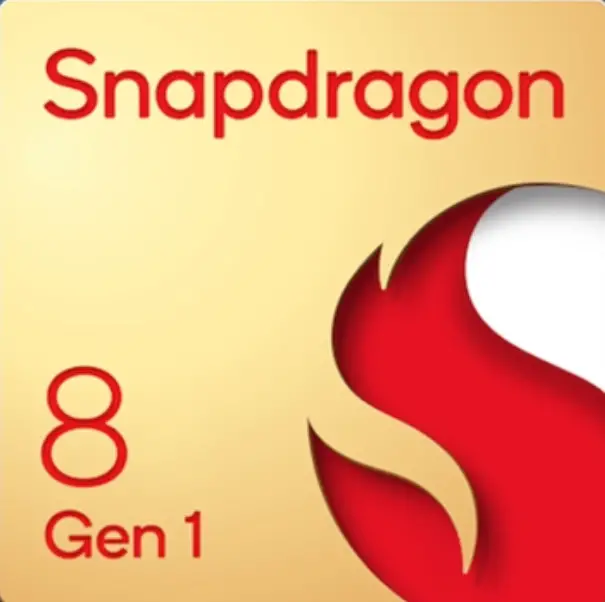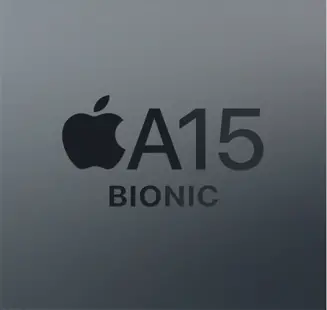Qualcomm Snapdragon 8 Gen 1 vs Apple A15 Bionic Chip
We’ve compiled a side-by-side comparison of the newly released
Snapdragon 8 Gen 1 versus A15 Bionic Chip
SoCs, brought to you by
Qualcomm and Apple respectively. This
comparison examines the pros and cons of these
8-core and 6
-core processors, with data from
Geekbench, Antutu, and 3DMark
benchmarks, alongside their detailed
technical specifications.
Review
General comparison of performance, power consumption,
and other
indicators
CPU Performance
Evaluation of Single-Core and
Multi-Core Processor Performance
Gaming Performance
Gaming and OpenCL/Vulkan
Performance of the Graphics Processing Unit (GPU)
Battery life
Energy Efficiency in Battery Usage
Tech Insist Score
Overall Performance Rating of the
Chip
Key Differences
Main differences and advantages of each chip
Pros of Snapdragon 8 Gen 1
Pros of A15 Bionic Chip
Benchmarks
Evaluating performance through competitive testing in
leading benchmarks.
AnTuTu 10
The AnTuTu Benchmark evaluates CPU, GPU, RAM, and I/O
capabilities across various scenarios.
CPU
249768
209204
GPU
448381
351594
Memory
172528
118044
UX
166045
130276
Total score
1036722
809118
GeekBench 6
The GeekBench test shows raw single-threaded and
multithreaded CPU
performance
3DMark
A cross-platform benchmark that assesses graphics
performance in Vulkan
(Metal)
3DMark Wild Life Performance
Stability
88%
82%
Graphics test
54 FPS
56 FPS
Score
9041
9524
Specifications
Full list of technical specifications of Snapdragon 8 Gen 1 and Dimensity
9300
Architecture
1x 3 GHz Cortex-X2,3x 2.5 GHz Cortex-A710
2x 3.23 GHz – Avalanche
Cores
8
6
Base Frequency
1800MHz
2020MHz
Turbo Frequency
3000MHz
3230MHz
Instruction set
ARMv9-A
ARMv8.5-A
L2 cache
-
256 KB
L2 cache
1 MB
32 MB
L3 cache
4 MB
-
Process
4 nanometers
5 nanometers
Transistor count
-
15 billion
TDP (Sustained Power Limit)
-
6 W
GPU name
Adreno 730
Apple GPU
Architecture
Adreno 700
-
GPU frequency
800 MHz
1200 MHz
Pipelines
3
5
Shading units
768
640
Total shaders
1536
1280
FLOPS
-
-
Vulkan version
1.1
-
OpenCL version
2
-
DirectX version
12
-
Neural processor (NPU)
Hexagon
Neural Engine
Memory type
LPDDR5
LPDDR4X
Memory frequency
3200 MHz
4266 MHz
Bus
-
-
Max bandwidth
51.2 Gbit/s
34.1 Gbit/s
Max size
24 GB
6 GB
Storage type
UFS 3.1
NVMe
Max display resolution
3840 x 2160
2732 x 2048
Max camera resolution
1x 200MP, 2x 64MP
-
Video capture
8K at 30FPS, 4K at 120FPS
4K at 60FPS
Video playback
8K at 30FPS, 4K at 120FPS
4K at 60FPS
Video codecs
H.264, H.265, VP8, VP9
H.264, H.265, VP8, VP9, Motion JPEG
Audio codecs
AAC, AIFF, CAF, MP3, MP4, WAV
AAC, AIFF, CAF, MP3, MP4, WAV, AC-3, E-AC-3, AAX, AAX+
Modem
Snapdragon X65
-
4G support
LTE Cat. 24
LTE Cat. 24
5G support
Yes
Yes
Download speed 5G
Up to 10240 Mbps
Up to 7500 Mbps
Download speed 4G
Up to 2560 Mbps
-
Upload speed 5G
Up to 3072 Mbps
Up to 3000 Mbps
Upload speed 4G
Up to 316 Mbps
-
Wi-Fi
6
6
Bluetooth
5.2
5.0
Navigation
GPS, GLONASS, Beidou, Galileo, QZSS, SBAS, NAVIC
GPS, GLONASS, Beidou, Galileo, QZSS

